Optimal Timing for Bathtub Installations
Bathtub installations can be scheduled throughout the year, but certain times may offer advantages depending on climate, project scope, and scheduling preferences. Understanding the optimal timing can help ensure a smooth process and timely completion.
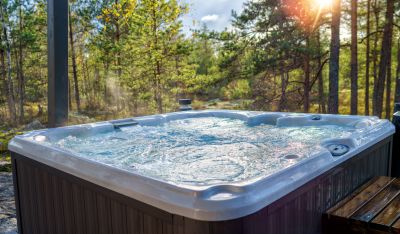
Spring offers moderate weather conditions, reducing the risk of delays caused by extreme temperatures or weather disruptions.
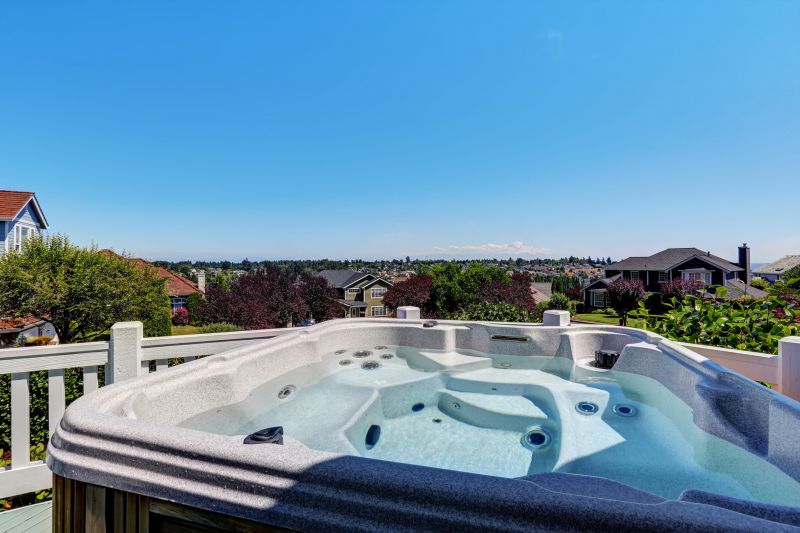
Summer provides longer daylight hours and generally stable weather, ideal for scheduling installations.
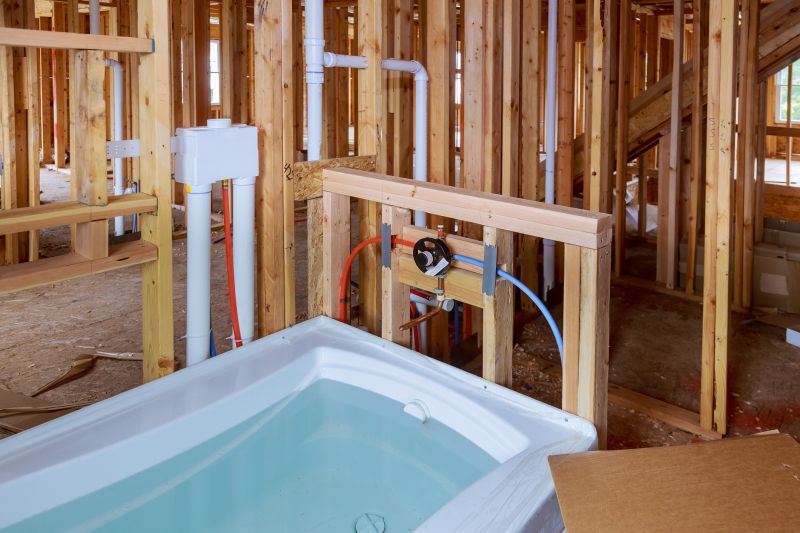
Fall can be a good time for installations before colder weather sets in, especially in regions with mild autumns.
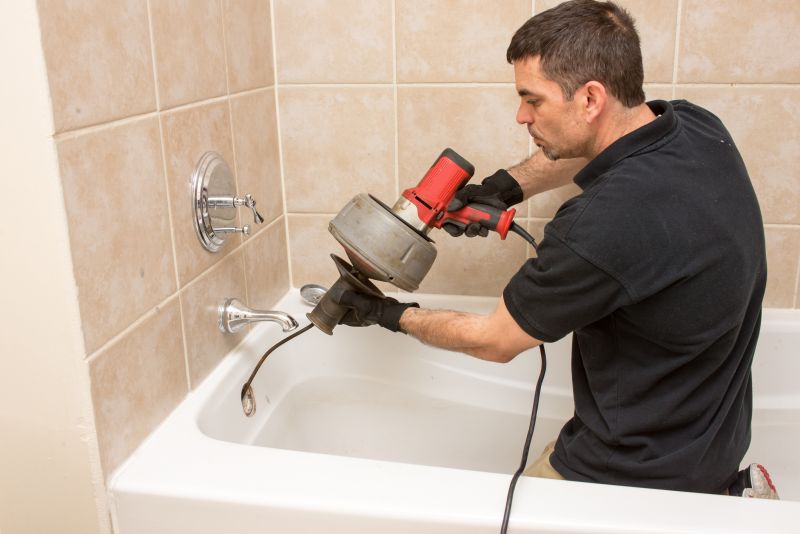
Winter may pose challenges due to cold temperatures and potential for snow, but indoor projects can proceed with proper planning.
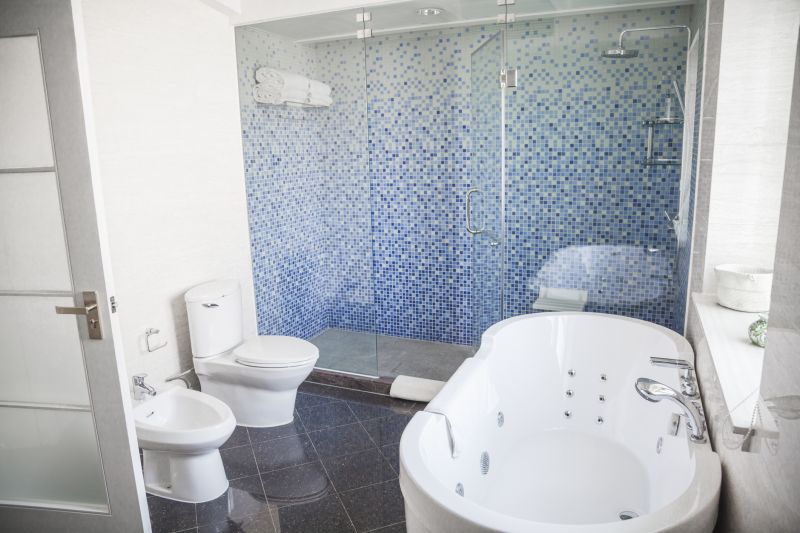
Scheduling during off-peak seasons may lead to shorter wait times and more flexible scheduling options.
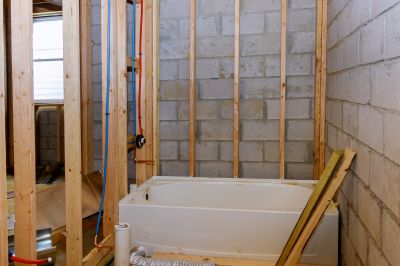
Off-peak periods often have reduced costs and increased availability for installation services.
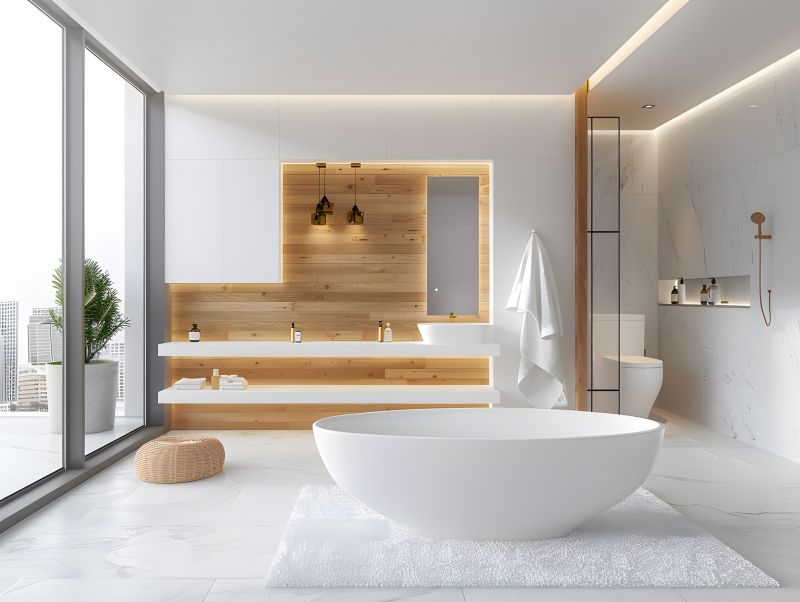
Ways to make Bathtub Installations work in tight or awkward layouts.
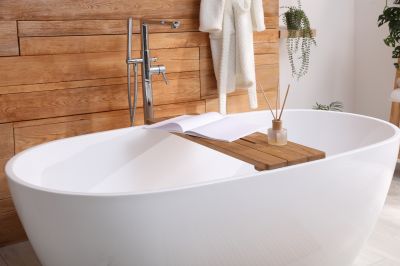
Popular materials for Bathtub Installations and why they hold up over time.
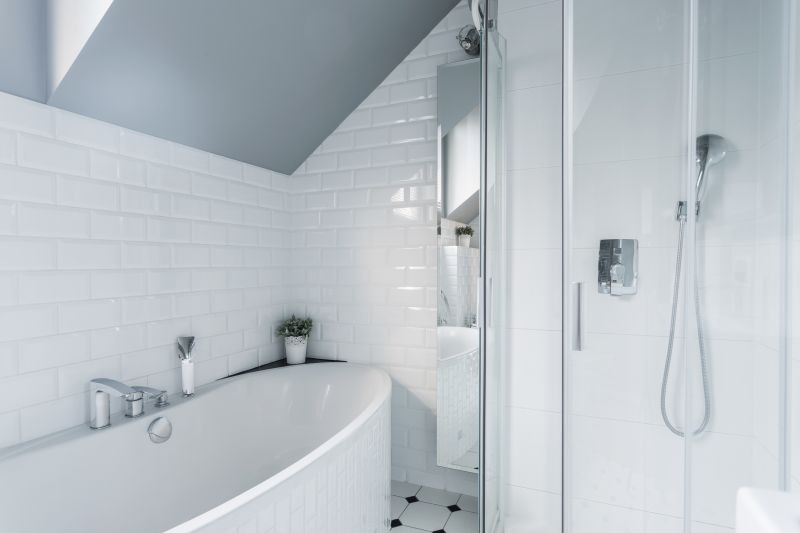
Simple add-ons that improve Bathtub Installations without blowing the budget.
Timing for bathtub installations depends on regional climate conditions, project complexity, and scheduling preferences. Planning ahead and considering seasonal weather patterns can contribute to a smoother installation process. Indoor installations are less affected by weather, offering flexibility year-round, but outdoor work benefits from milder seasons.
Extreme cold or heat can affect the materials and adhesives used in bathtub installation, potentially causing delays.
Early planning and booking during less busy seasons can ensure timely completion of bathtub projects.
Proper preparation, including plumbing and surface readiness, helps optimize timing regardless of season.
Indoor installations are less dependent on weather, allowing for more flexible scheduling.
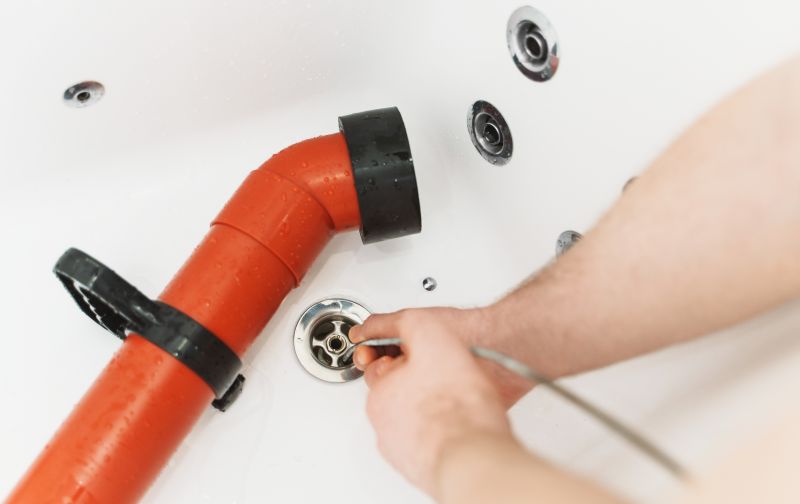
Tools and materials are prepared in advance for efficient installation.
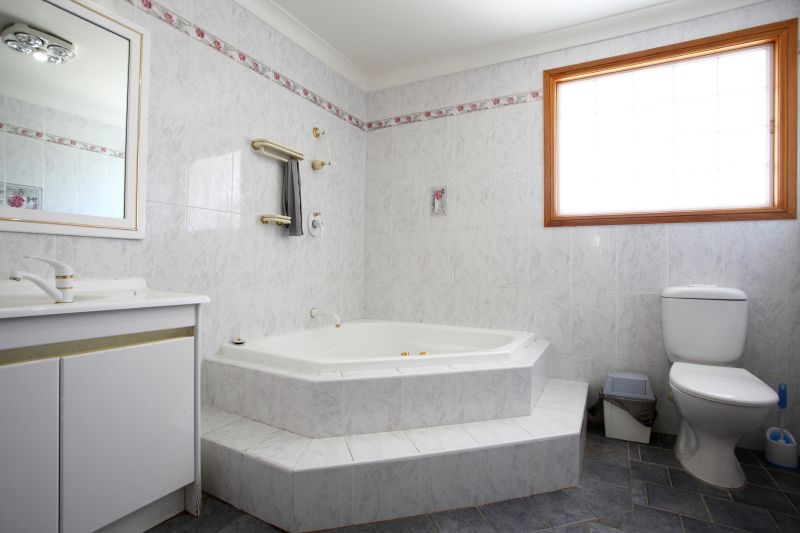
Experienced technicians ensure quality work during scheduled times.
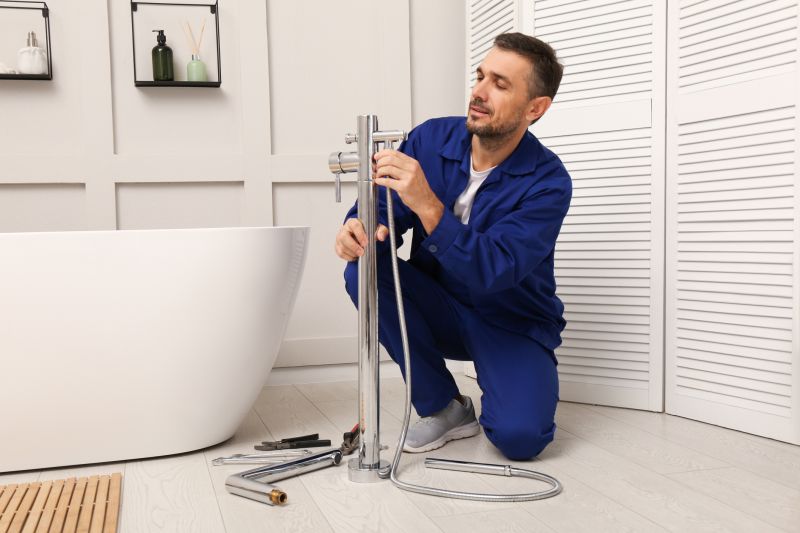
Timely delivery of materials is crucial for scheduling, especially during peak seasons.
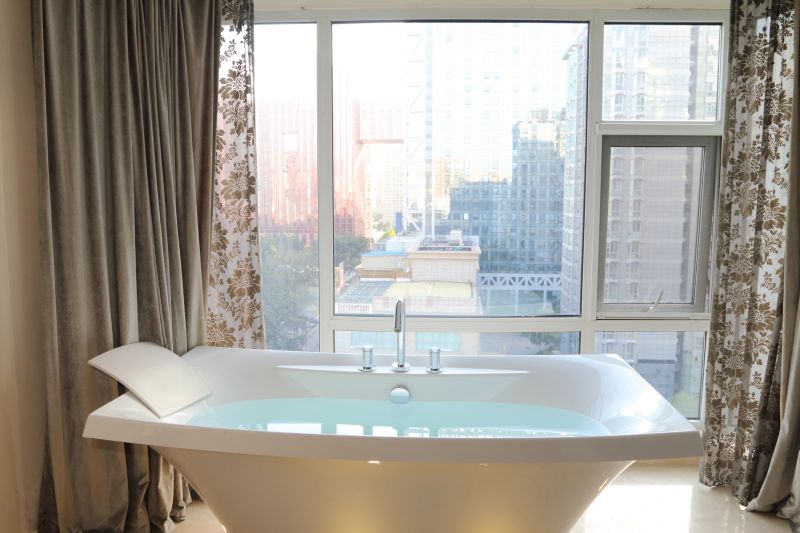
Indoor installations are unaffected by weather and can be scheduled flexibly.
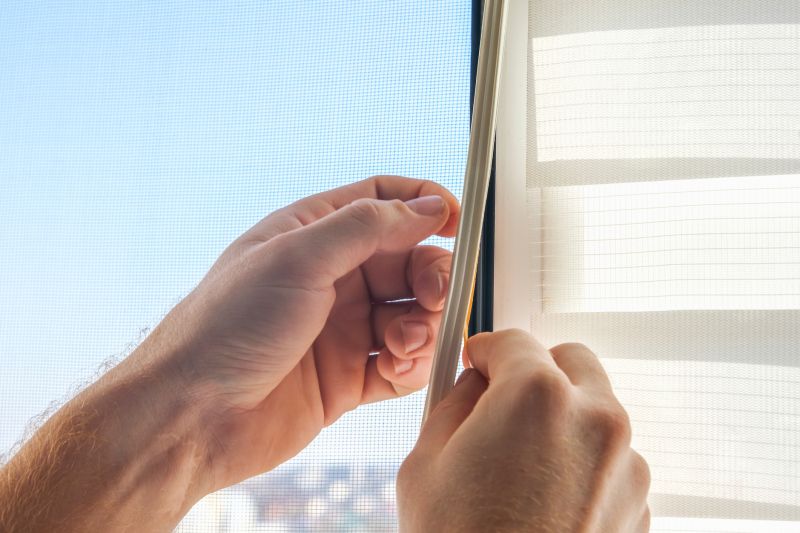
Using weather-resistant materials can extend installation windows into colder months.
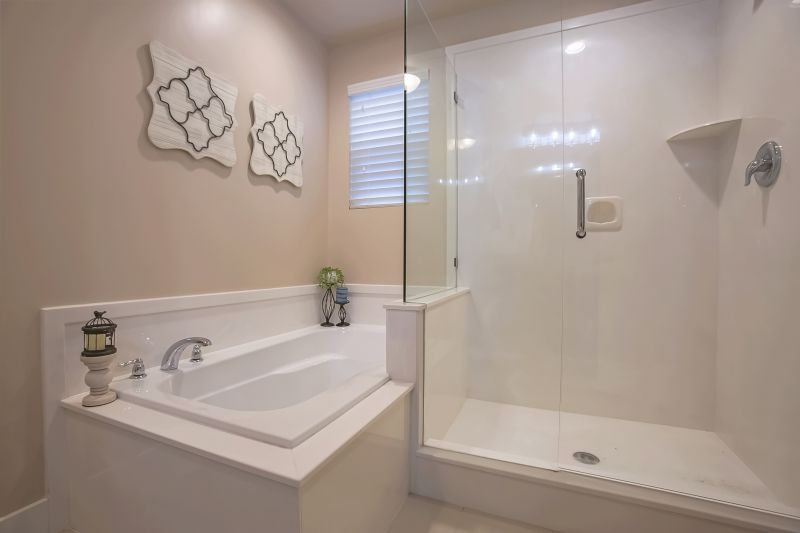
Ensuring the space is ready helps prevent delays regardless of the season.
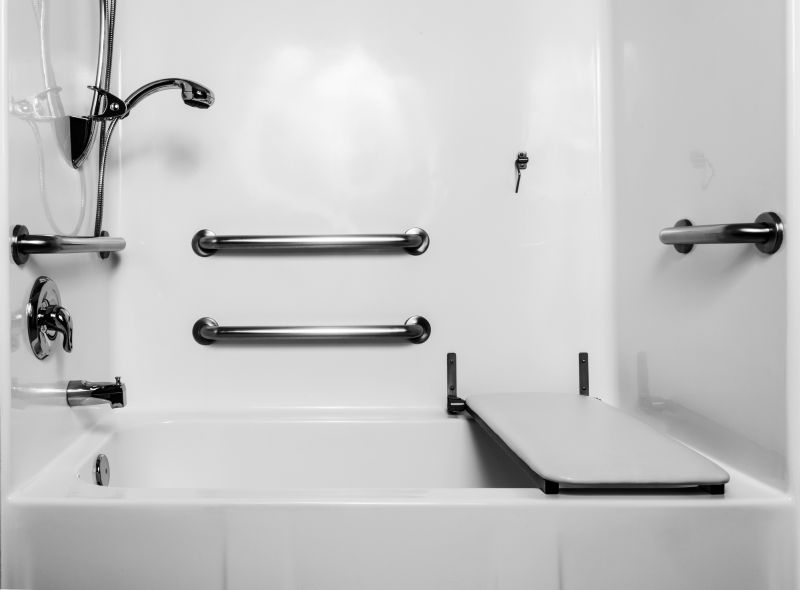
Off-peak seasons often provide more scheduling options for clients.
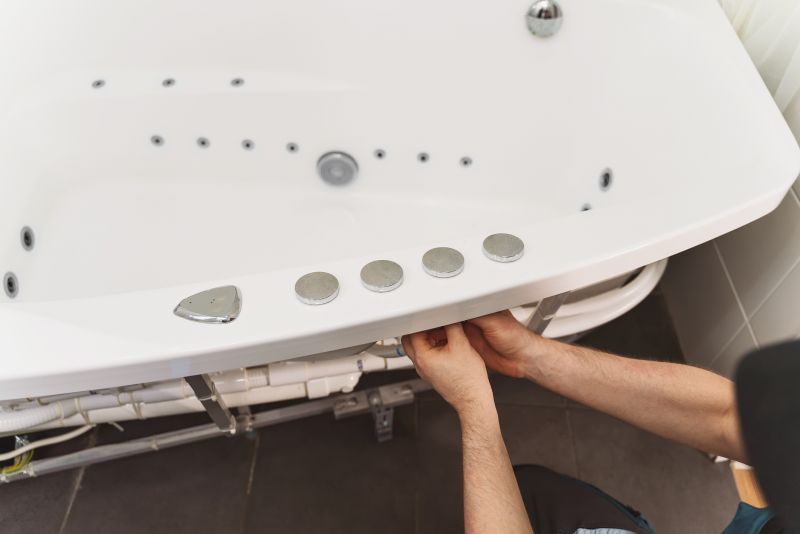
Final inspections are scheduled after installation to ensure quality and safety.
| Season | Advantages |
|---|---|
| Spring | Moderate weather, fewer delays, good for outdoor work |
| Summer | Longer days, stable weather, flexible scheduling |
| Fall | Ideal before cold weather, less crowded |
| Winter | Indoor projects only, potential delays due to cold |
Choosing the best time for bathtub installation involves considering regional climate patterns, project scope, and personal scheduling preferences. Planning ahead and consulting with experienced installers can help determine the most suitable season for a successful project. Indoor installations offer year-round flexibility, while outdoor work benefits from milder seasons.

Step-by-step procedures ensure proper setup and safety.
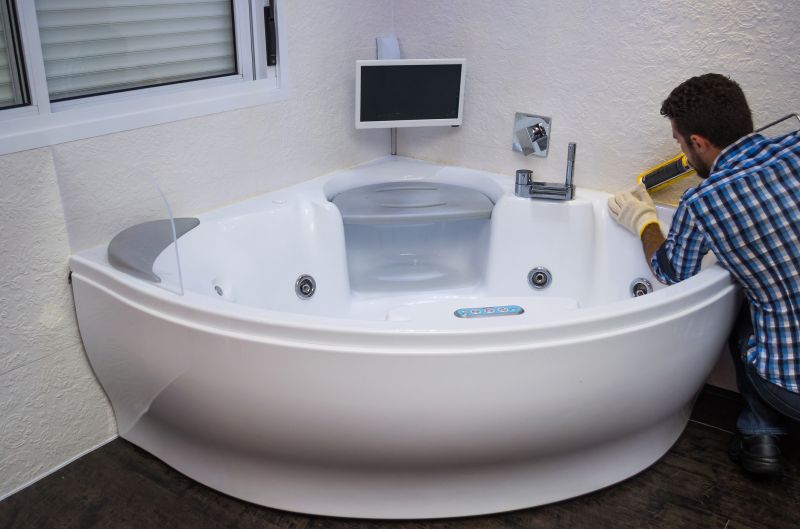
Advanced tools facilitate efficient and accurate installation.
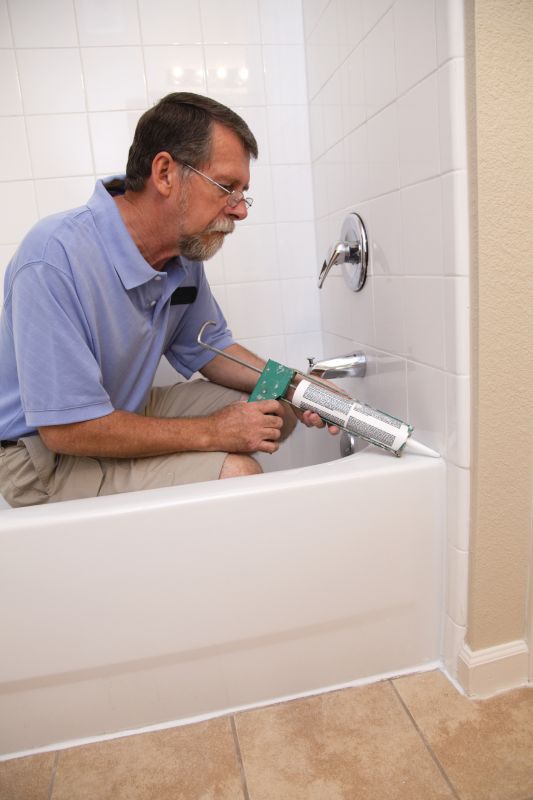
Final adjustments and inspections guarantee quality.
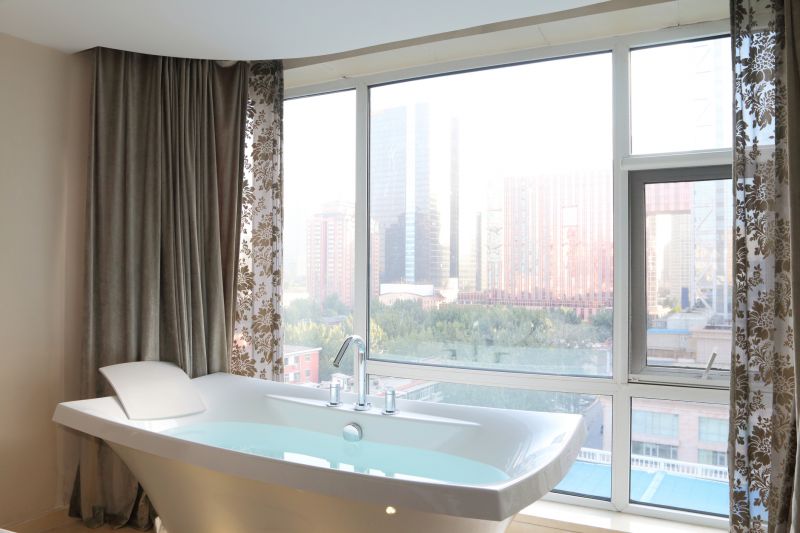
Proper timing results in a smooth installation experience.
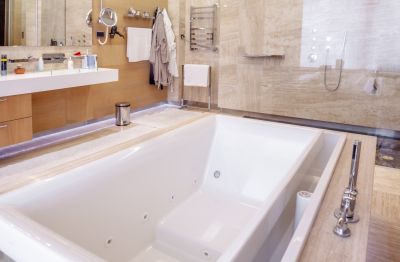
High-end options that actually feel worth it for Bathtub Installations.
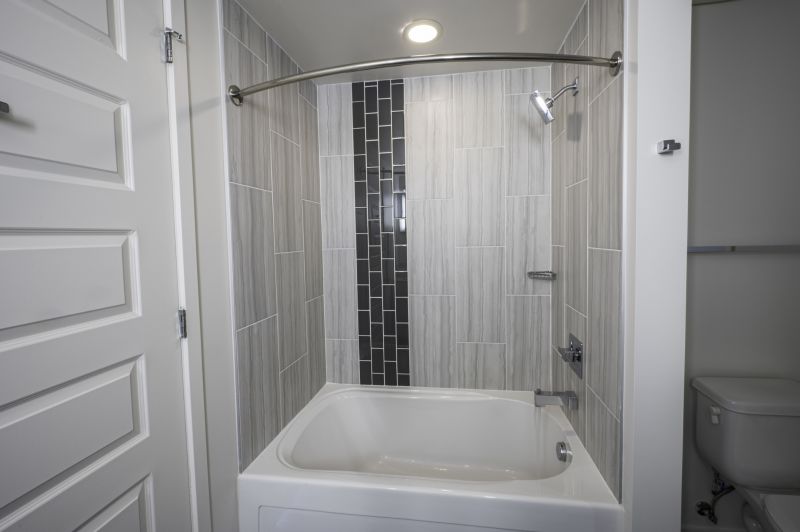
Finishes and colors that play nicely with Bathtub Installations.
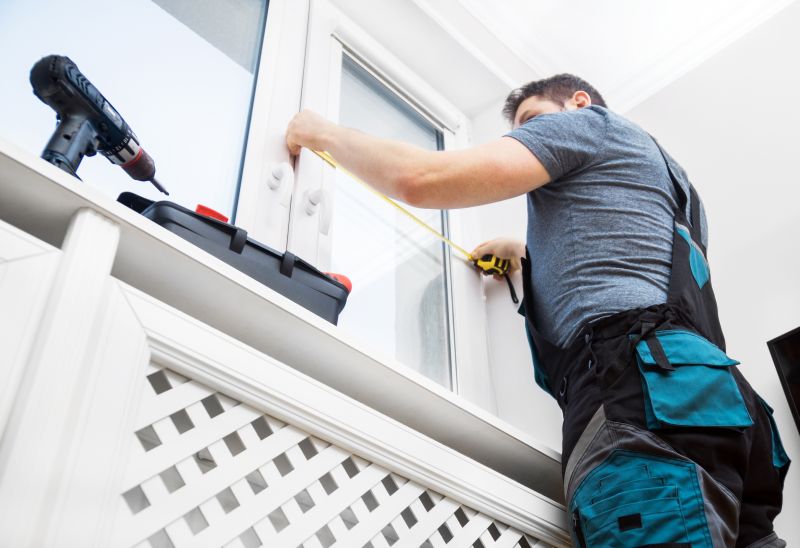
Little measurements that prevent headaches on Bathtub Installations day.
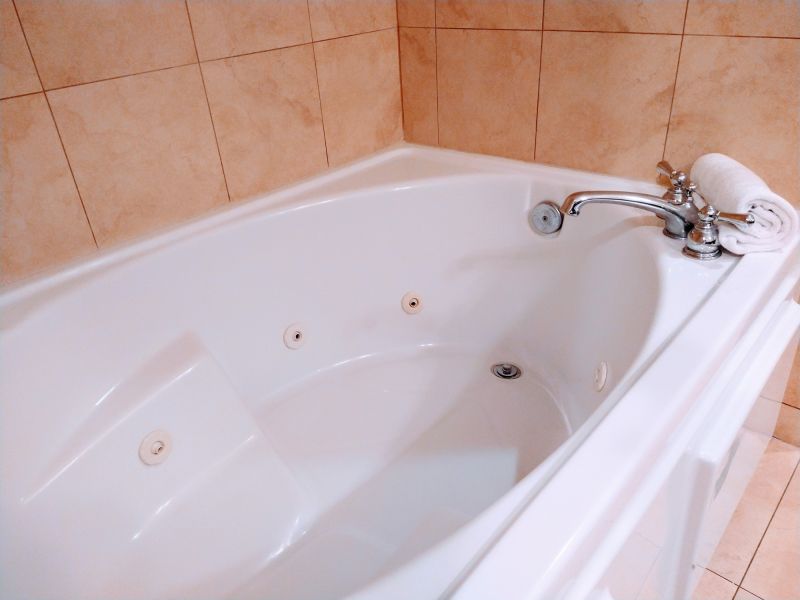
A 60-second routine that keeps Bathtub Installations looking new.
Interested in scheduling a bathtub installation? Filling out the contact form can help coordinate timing and ensure the project aligns with seasonal considerations. Proper planning can lead to a successful and timely upgrade to bathroom comfort and functionality.

